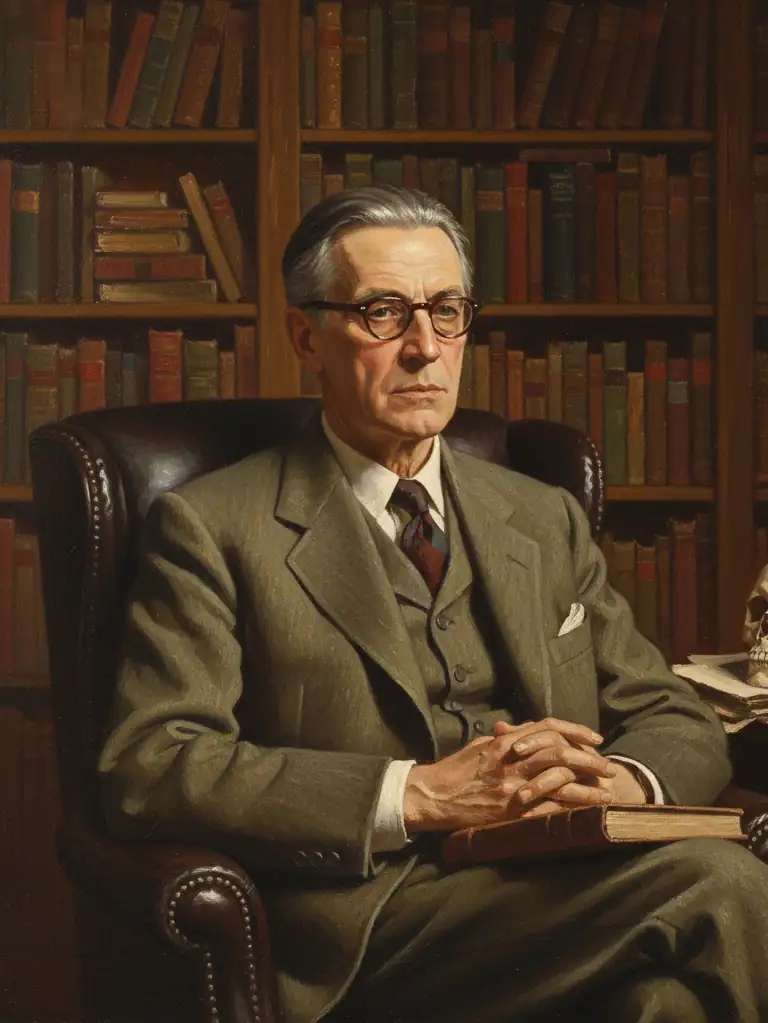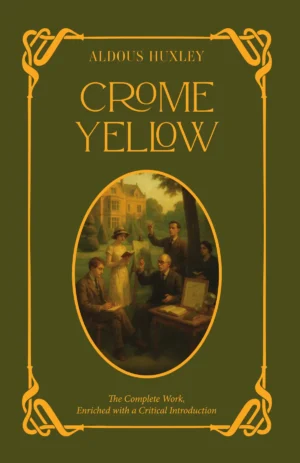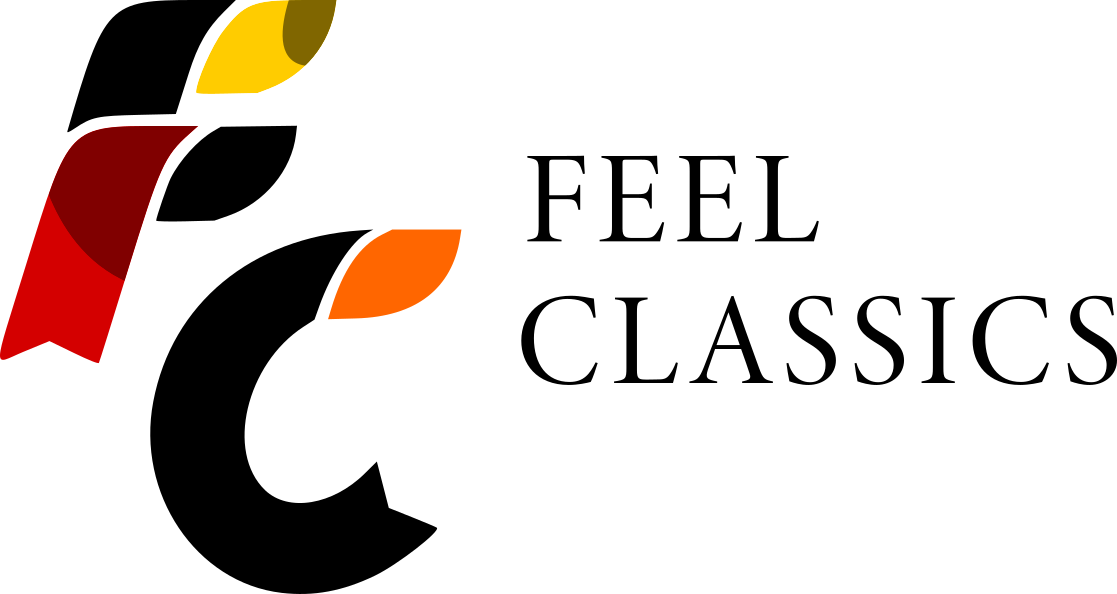
Aldous Huxley
Aldous Huxley (1894–1963) was an English novelist, essayist, and philosopher, renowned for his intellectual curiosity and literary range. Born into a distinguished family of scientists and writers, he was educated at Eton and Balliol College, Oxford. Despite a near-blindness in youth, Huxley embarked on a prolific literary career, beginning with poetry and short stories before turning to fiction.
His debut novel, Crome Yellow (1921), satirised the cultural elite of post-World War I England and established his reputation as a sharp social observer. Over the following decades, Huxley explored themes of modernity, individual freedom, and spiritual inquiry in works such as Point Counter Point (1928), Brave New World (1932), and Island (1962). He spent much of his later life in the United States, where he also became known for his experiments with psychedelic substances and his writings on mysticism and consciousness. Huxley died in Los Angeles in 1963, the same day as President John F. Kennedy and author C.S. Lewis.
Books by Aldous Huxley
-
Sale!

Crome Yellow
₹85.00 – ₹284.00Price range: ₹85.00 through ₹284.00 Select options This product has multiple variants. The options may be chosen on the product page
